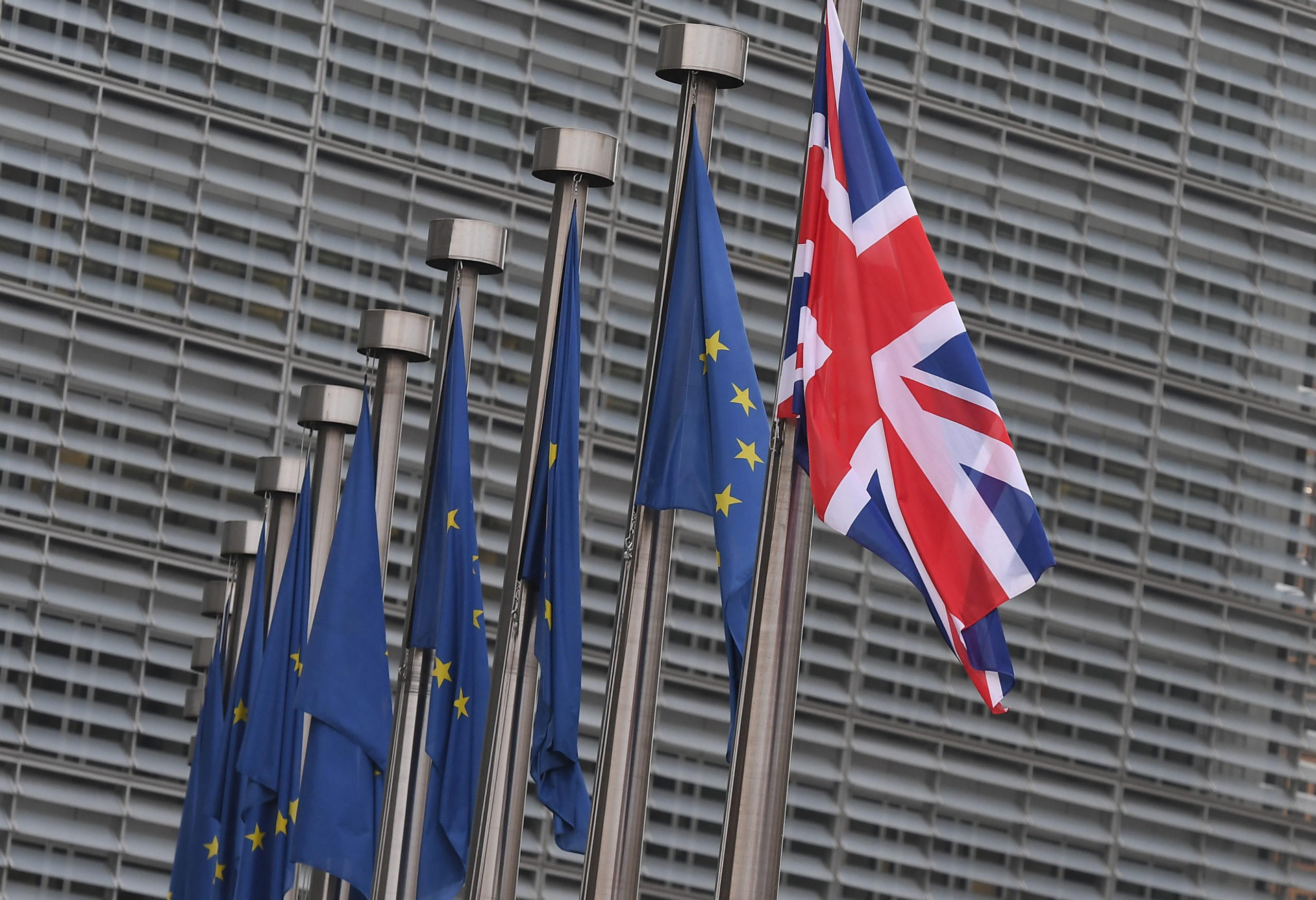TOKYO: Decades of astonishing economic growth have given China new tools for extending its influence abroad and achieving its political goals.
Some of these tools are inducements, including Belt and Road Initiative projects and new development financial institutions.
Advertisement
Advertisement
But China has demonstrated that it will use its new economic leverage in pursuit of political goals unrelated to economic exchange, swiftly shifting inducements to punishments.
One example lies in the field of tourism.
A GROWING POOL OF TRAVELLERS
Two factors make regulating tourist flows tempting for Chinese policymakers: The size of its international tourism industry and the control China can still exercise over outward tourism.
Advertisement
Advertisement
But whether tourism has been an effective political tool is debated.
China has quickly become the largest international tourist sender country in the world. Over the last two decades, the number of Chinese overseas travellers rose by over 25 times from 5.3 million in 1997 to 130 million in 2017.
In the latter year, Chinese tourists contributed an estimated US$250 billion to overseas economies, double the figure for US tourists and triple that of Germany.
The Chinese government has a degree of leverage over its tourists that other governments do not enjoy. Many Chinese tourists are new to international tourism and have limited international language abilities.
READ: Commentary: Why tourism can be a flashpoint for disputes
Tourists pose with props for pictures at a photo booth near Erhai Lake in Dali Bai Autonomous Prefecture, Yunnan province, China June 15, 2019. (Photo: REUTERS/Tingshu Wang)
There is still a strong desire for comfort-zone or group tourism — approximately 38 per cent of outbound Chinese tourists are on group tours. China also has licensing and other forms of formal and informal leverage over tour group operators.
A RUDIMENTARY LEVER
The most rudimentary Chinese lever for rewarding other governments with increased Chinese tourist numbers is to grant countries Approved Destination Status. This allows group tourism to that country and can increase the number of Chinese tourists by an average of 50 per cent.
Since the Chinese government has stronger regulatory power over tour agencies than most governments, it can also seek to influence foreign behaviour by curtailing such tours.
READ: Commentary: Passion Made Possible, a tagline that targets Chinese tourists
Chinas three largest licensed tourist agencies by revenue are all state-owned and only 8 per cent of its 25,000 licensed travel agencies are authorised to offer international travel. Foreign agencies are not permitted to provide outward bound travel services for Chinese nationals.
Foreign countries struggle to retaliate. Often, there are far more Chinese tourists going to their country than the other way around, a significant change in recent years.
Chinese tourists wearing traditional Korean costumes pose for pictures by the Yalu river, which separates North Korea and China, in Dandong, Liaoning province, China June 7, 2018. (Photo: REUTERS/Brenda Goh)
Chinas large number of outbound tourists and strong regulatory power make tourism seem like an ideal political tool.
Turkey became the first victim of Chinas use of tourist sanctions in 2000 when it refused to allow a Soviet-built Ukrainian ship that China had purchased to be the basis of its first aircraft carrier to pass through the Bosphorus. China restricted outbound tourists to the country, pressuring Turkey to relent..
LIMITED SUCCESSES
But the utilisation of tourism for geopolitical goals has had varying levels of success. In 2012 to 2013 during a period of increased tensions over the Senkaku/Diaoyu Islands, China attempted to manipulate tourist flows to influence Japans behaviour.
Despite tourism dropping by 24 per cent, there was no noticeable impact on Japanese policy.
Similarly, in 2017 Chinas response to the deployment of the THAAD missile defence system in South Korea resulted in cutting Chinese tourist numbers from over 7 million in 2016 to 3 million in 2017.
But this did not stop the South Korean government from deploying THAAD.
READ: Commentary: Wouldn't it be nice to have more public holidays?
The manipulation of tourism can cut two ways. The impact abroad can anger citizens of foreign countries and their tourist industries as a whole, including those who are positively disposed to Read More – Source










